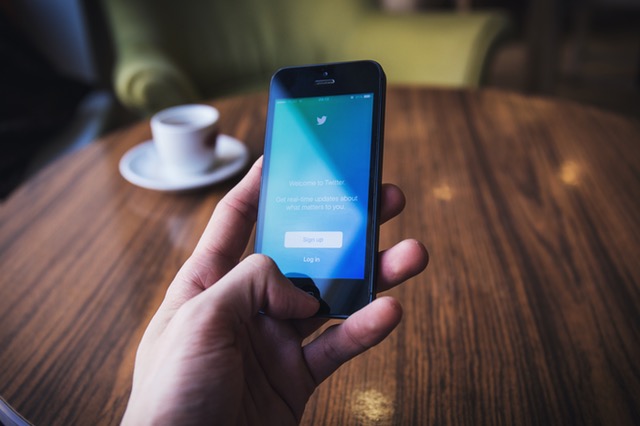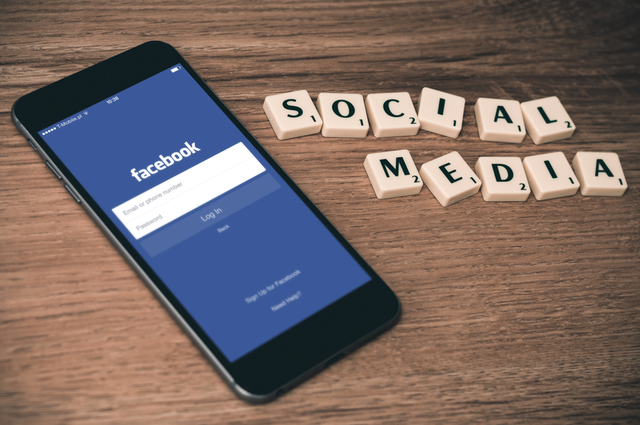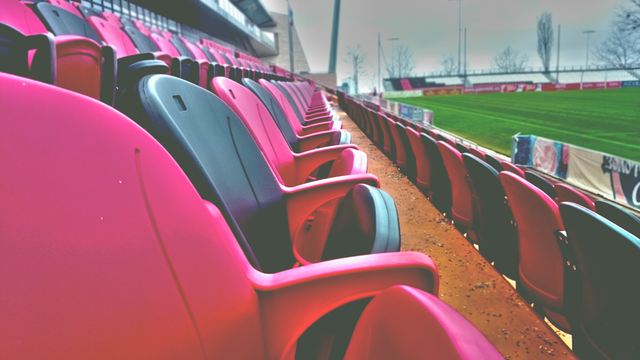Football Disconnected podcast #1 – The future of football and social media
The good side of social media and football
Now it’s time to talk about the good side of social media and football. As previously stated in a previous blog post about online streaming and social media highlights, the game is now reachable all over the internet in various ways. Social media has given a voice to the now voiceless football fan in a country full of clubs who give little consideration when making decisions to the most important part of any football club, the fans.

With the growing influence the internet and social media now has on football, fans have used it to get their views across to clubs over the past few years. A memorable example was the petition launched by the Football Supporters Federation back in 2013. The petition was calling on a cap on away match ticket prices at £20. Every fan’s signature triggered an email to the club they support and the league in which that club play, notifying them that they are behind the FSF’s campaign. The Twenty’s Plenty campaign was shared on Twitter and on Facebook, helping to bring the campaign to light to football fans around the country. Although many clubs did not listen, there have been some successes with Reading FC implementing the Twenty’s plenty format in the 2016/17 season. This is a rare thing for a Championship club with the average cost of the dearest away ticket in the Championship now more expensive than a Premier League ticket at £31.57. With ticket prices still an issue throughout the leagues, Twenty’s Plenty and other similar campaigns gain a lot of support online from fans, particularly on Twitter. Twitter’s a great way of organising protests and large groups of people to come together for a cause like ticket prices.
In the 2015/16 season Liverpool fans staged their first walkout at Anfield in 132 years over ticket prices. Their walkout was in the 77th minute after an increase in price of a match day ticket to £77 from £59 for the following season was announced prior to the game. The walkout gained a lot of attention on Twitter before, during and after the walkout which was a great way of raising awareness that fans are no longer accepting of the situation regarding ticket prices. Fans will have gained even more confidence from the protest after the club’s owners backed down from their ticket price change and froze ticket prices for this current season. Like Liverpool fans, Newcastle fans have staged similar protests against the way in which their club has been run. #AshleyOut was a protest organised through Twitter users and fans of the club which gained national attention before and after the game. Although relegated in the 2015/16 season, it seems as if the owner has either listened to the fans or had a change of heart for whatever reason and began to invest in the club once again.

Social media may have its problems when it comes to football but it is a platform that must be taken advantage of by fans across the country if they want to make the changes that are needed in the game. The pressure on clubs from supporters from social media campaigns and the national attention that comes with them is a formidable force that can affect football for the good.
The bad side of social media and football
As previously discussed in this blog, social media has helped to bring the game into the lives of many fans across the country, but it is bound to have its flaws aswell. Football clubs, agents, players and advertisers have seen social media as a marketing platform which again creates the feeling amongst fans like they are now just consumers.

Rather than interact with fans, clubs on social media and in particular Twitter, seem to just want to sell overpriced merhchandise and show off their official sponsors to users. An example of this is Newcastle United’s Twitter account. It must be said the content on their Twitter page has improved this year and it hasn’t got Mike Ashley’s bargain offers all over it as much as it once did, but there are still issues with the way in which they operate. For example, almost every tweet which features a picture has the controversial Wonga logo embedded onto it, along with Mike Ashley’s Sports Direct logo. There was even one time where the club featured a tribute to somebody who had recently passed away by posting a picture but the Wonga logo still appeared in the corner of the image. This received an online backlash from Newcastle fans who rightly did not feel the club were representing the correct values and the values in which they hold. As stated before however, the club has improved the way in which it uses social media by cutting down the level of blatant advertising of products on behalf of Mike Ashley and also the level of interaction with fans has improved in the past year or so.

Something which hit the headlines in the past week was Manchester United player, Paul Pogba’s Twitter emoji. It may be a bit of fun but it sums up where the game has ended up in the modern era. In the days leading up to a crunch game against Liverpool, Pogba is worrying about Twitter emojis, instead of preparing himself for one of the biggest games of the season (certainly for the fans anyway). Paul Pogba in the game incidentally gave a penalty away and played terribly throughout, leading to ridicule on Twitter which made the whole situation even worse for him and Manchester United. Pogba is the world’s most expensive player so it would be wise for him to concentrate on putting in good performances on the pitch rather than engaging in bizarre social media trends. It obviously isn’t just Paul Pogba, but he encapsulates the disconnection between fans and players that is common place in 21st century football. His club also don’t help themselves by consistently reminding their fans of their mega money sponsorship deals on Twitter eithe,r with the latest being Uber but more memorable is the record £375 million Chevrolet deal they were so proud to announce. The Chevrolet logo is seen in a number of their Tweets, along with the club’s shirt where the logo dwarfs the Manchester United badge, perhaps being a symbol of how the game has now gone.
Are sponsors and money now more important than the traditions of the club and its fan base?



